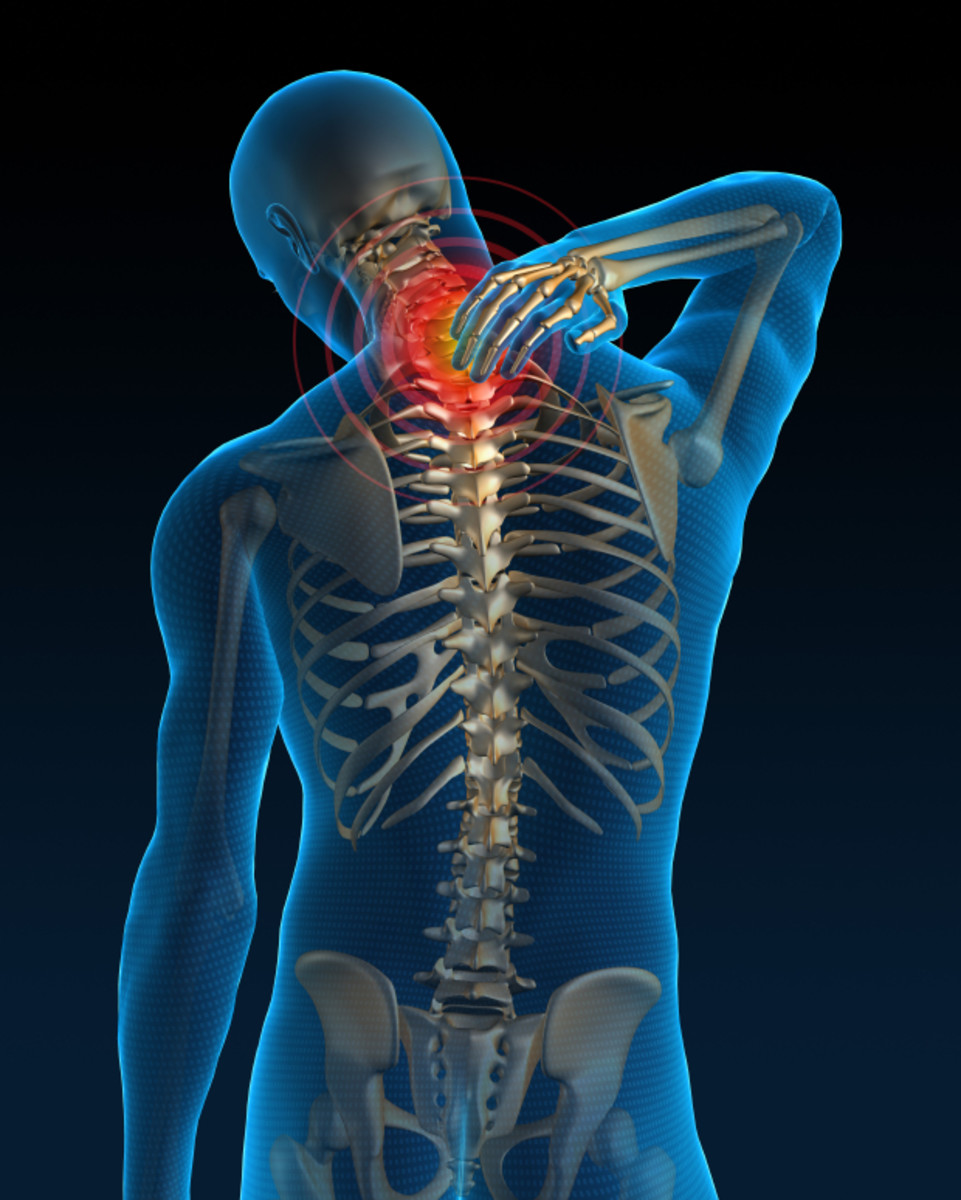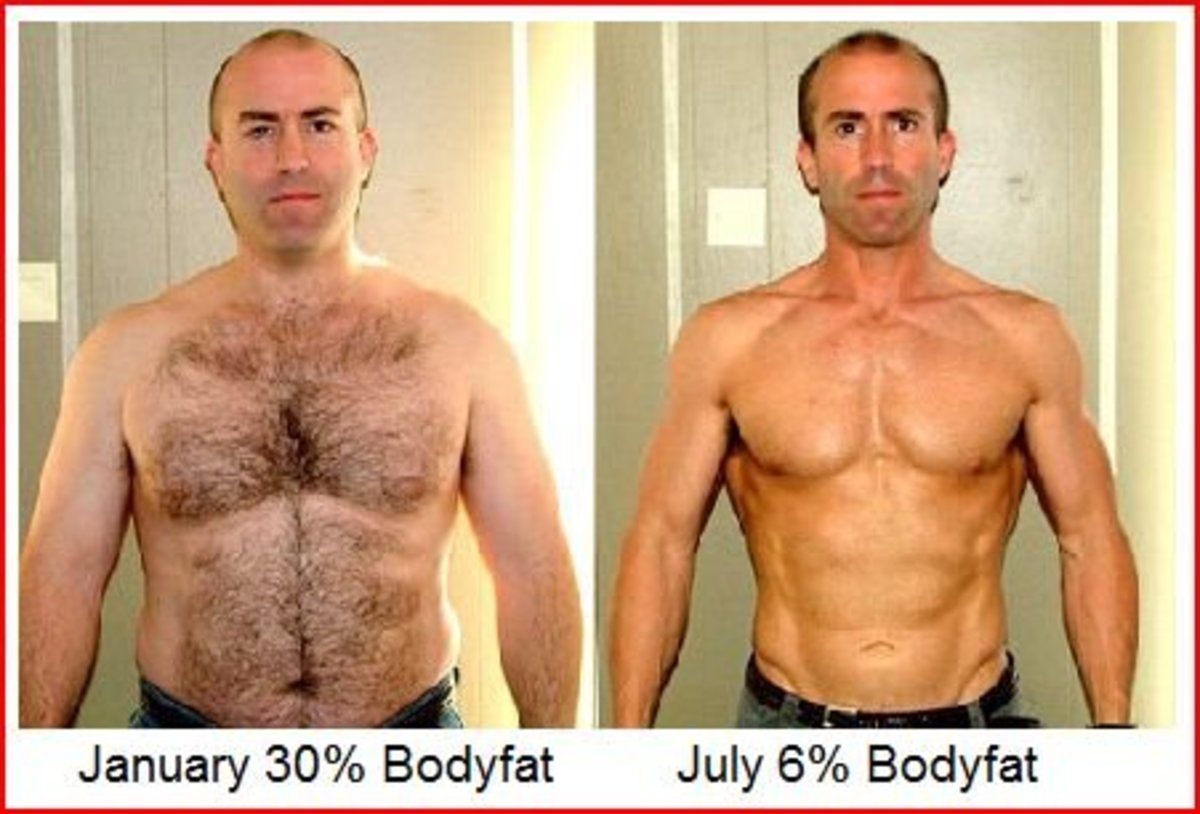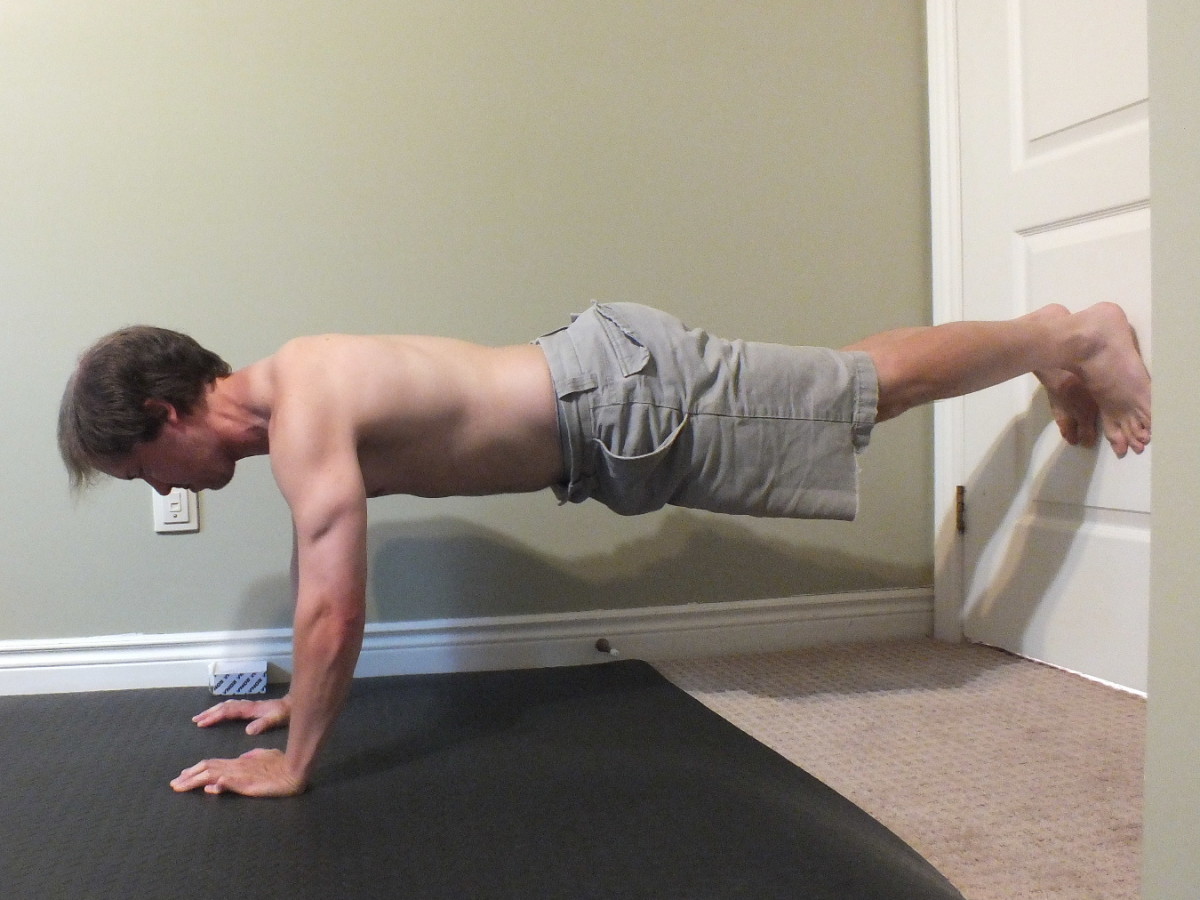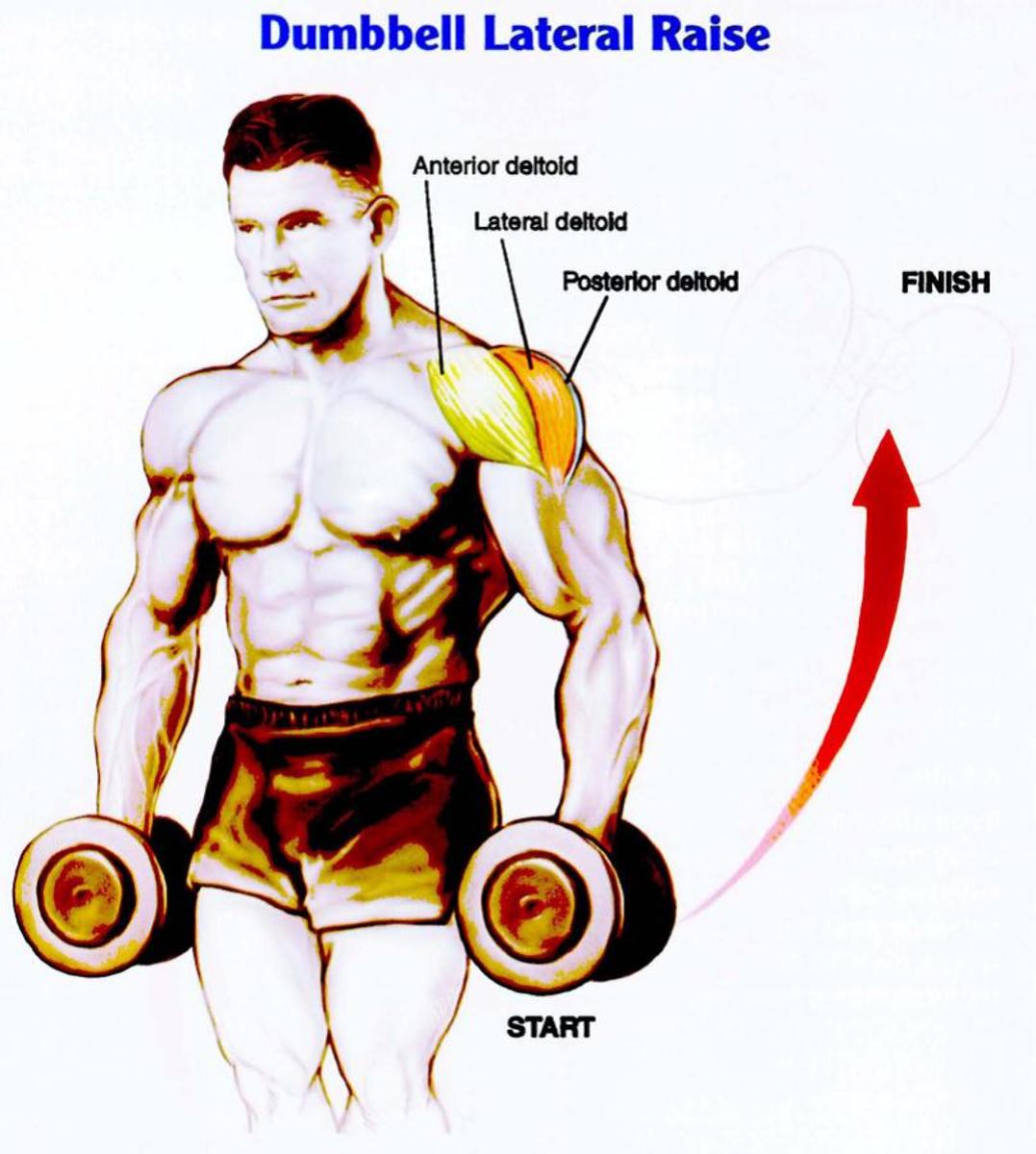How to Start an Exercise Routine - Starting With Cardio
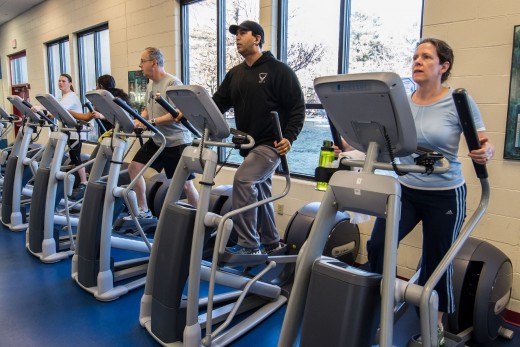
For many men and women, turning 40 is a significant milestone, and especially in terms of health. If you've fallen out of the habit of getting regular checkups, reaching their 40th birthday is often a milestone that causes people to think they should visit a doctor.
That can lead to revelations about your health, even if you feel fine and look healthy to all outside appearances. Many health problems don't show visible signs until it's too late, including:
- high blood pressure
- high cholesterol
There are other more serious health issues that can only be detected by a doctor, but I've listed two that are both common and can be mitigated by an exercise routine.
In this article we'll look at starting with a cardio workout.
What is Cardio?
Cardio is short for cardiovascular. The term cardiovascular, in turn, just means anything related to your heart and blood vessels. That's why it's so important; the heart has to keep working for your whole life, and if it gets diseased then that's a problem.
A cardio workout is one which raises your heart rate. You can expect to breath more heavily as a side effect, but the heart rate is the key.
Why is it so Important?
Your heart is a muscle. Like any muscle, exercising it means you'll have a strong heart. Just like lifting weights will develop stronger arm and chest muscles, engaging in cardiovascular exercise will make your heart stronger.
We know why that's so critical; if your arms are injured, it's inconvenient but you can manage it. You may need a cast if you break your arm, or if you just get sore or tear a muscle then you might just need to rest and take it easy for a few days.
But the heart can't stop working; it has to keep going.
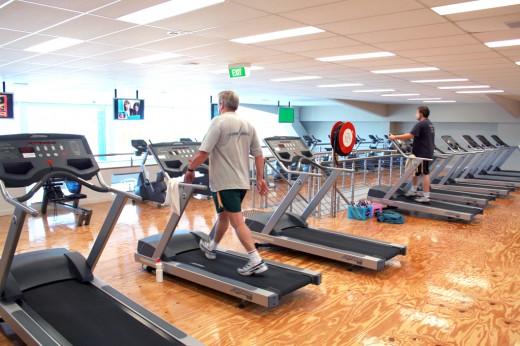
Different Forms of Cardio Exercise
There are a number of different forms of cardio. Some of them can be more strenuous on your joints (especially your knees), but all of these will have the effect of raising your heart rate temporarily.
- Walking
- Running or jogging (outdoors or treadmill)
- Swimming
- Jumping rope
- Cycling
- Elliptical machine
- Rowing machine
- Stair climbing
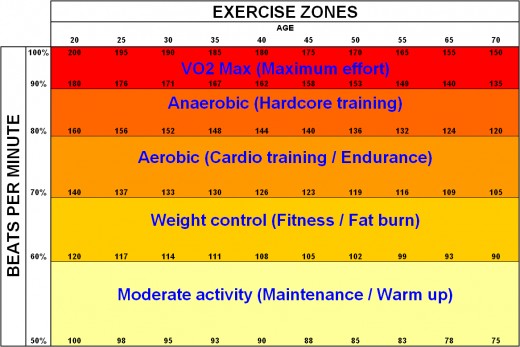
Watch Your Heart Rate
Before starting a workout routine, you should always check with a doctor and ask about any specific restrictions or cautions particular to your situation.
Once you're in the gym, however, if you haven't been given specific guidance then you need to know how to gauge if you're straining yourself. Most cardio machines, including treadmills, bikes, and ellipticals, have heart rate monitors built in. But how do you know if you're working out too hard?
Maximum and Target Heart Rates
There's a simple equation to find out your maximum heart rate. Simply calculate (220 - your age) to get your maximum heart rate. For a 40 year old, that comes out to 180.
But don't exercise up to that rate! That's way too high for someone just starting out, and even for someone who's in really good shape.
Starting out, target 50% of your maximum heart rate - for a 40 year old, that's 90. Try it for a while, and once you feel comfortable you can start to increase up to 70% or 75% of your maximum heart rate.
The Rule of Thumb - Can You Talk?
The simplest way to know if you're working out too hard is to try talking out loud for a few seconds. If you can't hold a short conversation, you're probably pushing yourself too hard and you need to ease off the pace.
Start With Cardio - Add Weights Later
Adding a weights routine to your workout has a lot of benefits, and I recommend you give it serious consideration. But for the first several weeks of your new workout routine, stick to cardio only. Here's why.
- It's difficult to do properly - you're much more likely to hurt yourself if you don't know what you're doing.
- More strain on the heart - lifting weights can be a big strain. Cardio is easier to ramp up and ramp down, meaning your heart has more time to adjust.
- Moving between different exercise types means more likely to hurt yourself - if you're varying between cardio and weights, even if you do both exercise types properly, you're still more likely to damage your body.
When first starting out, stick with cardio and get used to how your body reacts as you begin working out.

The One Type of Cardio You Should Avoid
All forms of cardio exercise are not the same. Running, for instance, can be hard on the knees, and if you are overweight that strain is magnified. It also places a hard strain on your heart.
But there's one very trendy form of cardio workout you must avoid when starting out, especially if you're 40 or older.
High Intensity Interval Training (HIIT)
This has boomed in popularity in recent years, and some people swear by it. It's often promoted as the single best way to build a healthy body and lose weight.
What is HIIT?
There are two key parts to HIIT:
- High Intensity - HIIT emphasizes short bursts of extremely vigorous or intense exercise, such as full out sprinting.
- Interval - These bursts of intensity are then interspersed with short rests.
Why You Should Avoid HIIT
For someone just starting a workout routine, HIIT is very dangerous. It's very important to start out gradually, especially if you're over 40. Going from a very sedentary lifestyle to a concentrated exercise routine places an enormous strain on your heart.
Not only that, but the combination of bursts of exercise followed by short rests can significantly exacerbate the stress. Forcing your heart to repeatedly switch between working hard and easing down is a harsh exercise, and your heart may not respond well.
Don't get caught by the extravagant promises and hype; stick with a routine that is more controlled and easier on your heart.
Do it Right - Start Slow
The best way to ensure you'll keep up with a workout routine is to start slow and make sure you don't hurt yourself. It may take a while, but don't rush yourself. Be safe, look after yourself, and remember you don't need to compete with anyone - you're doing this for YOU!
This content is accurate and true to the best of the author’s knowledge and does not substitute for diagnosis, prognosis, treatment, prescription, and/or dietary advice from a licensed health professional. Drugs, supplements, and natural remedies may have dangerous side effects. If pregnant or nursing, consult with a qualified provider on an individual basis. Seek immediate help if you are experiencing a medical emergency.


